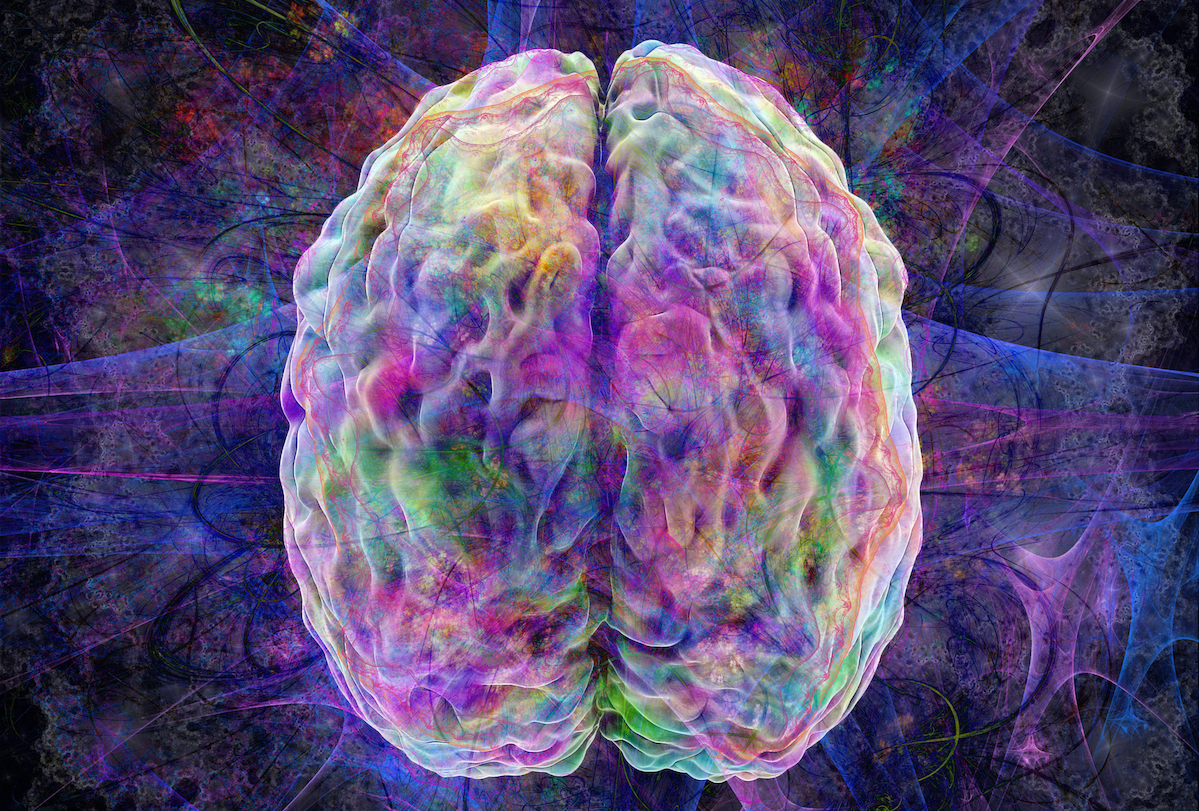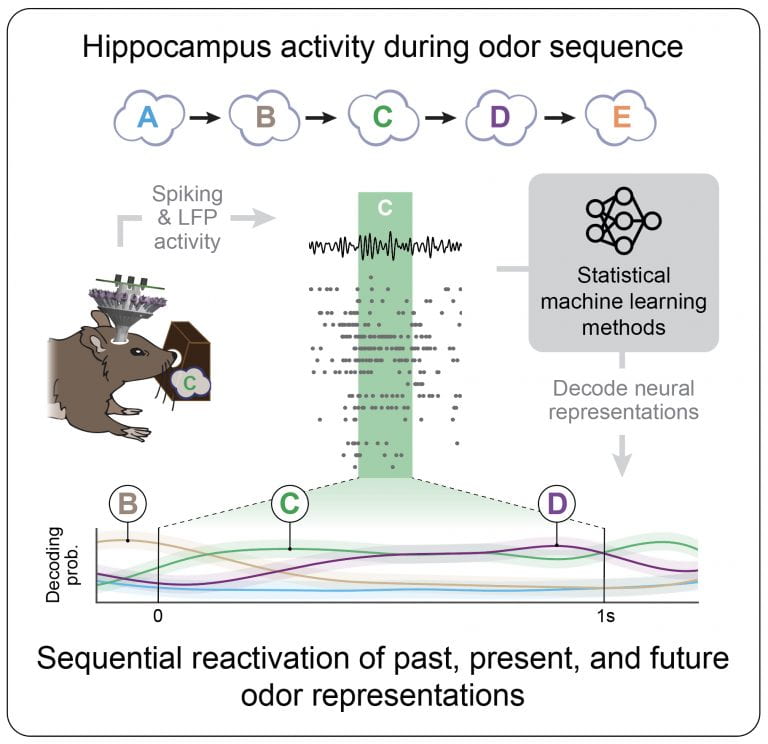
Students sometimes pull an all-nighter to prepare for an exam. However, research has shown that sleep deprivation is bad for your memory. Now, University of Groningen neuroscientist Robbert Havekes discovered that what you learn while being sleep deprived is not necessarily lost, it is just difficult to recall.
Together with his team, he has found a way to make this “hidden knowledge” accessible again days after studying while sleep-deprived using optogenetic approaches, and the human-approved asthma drug...
Read More








Recent Comments